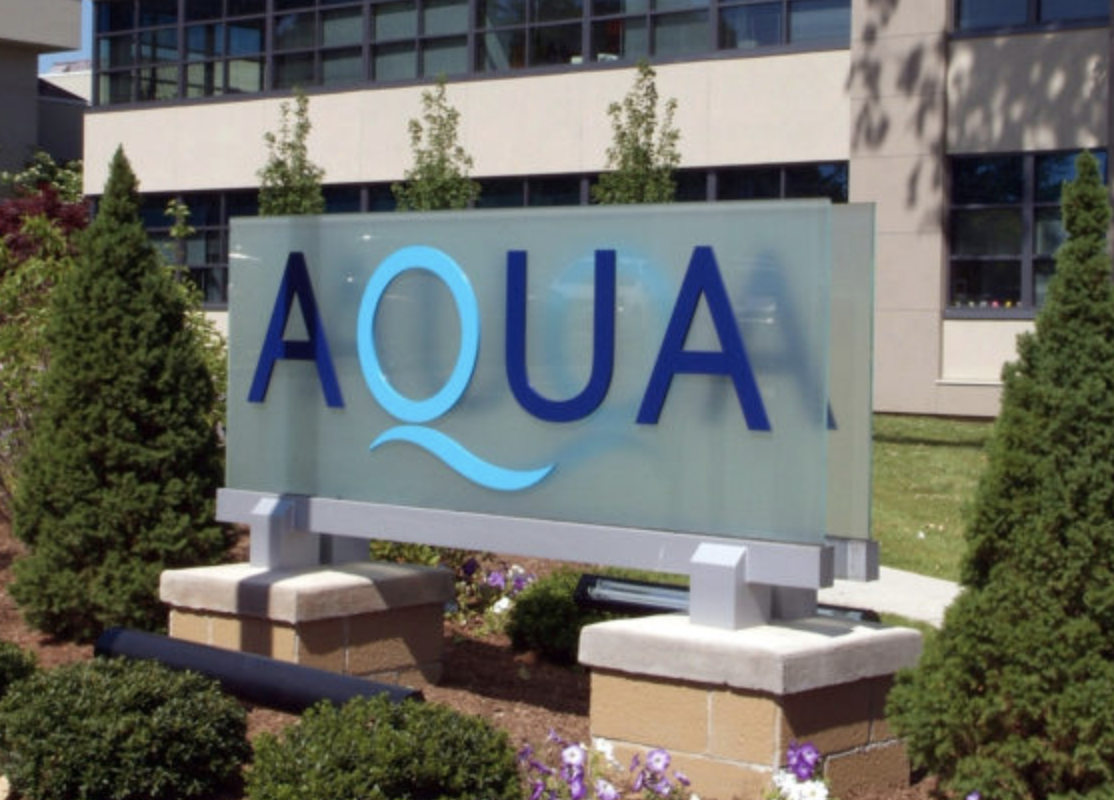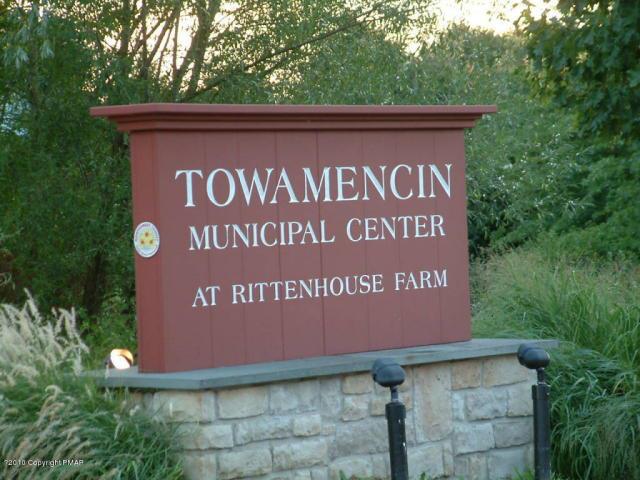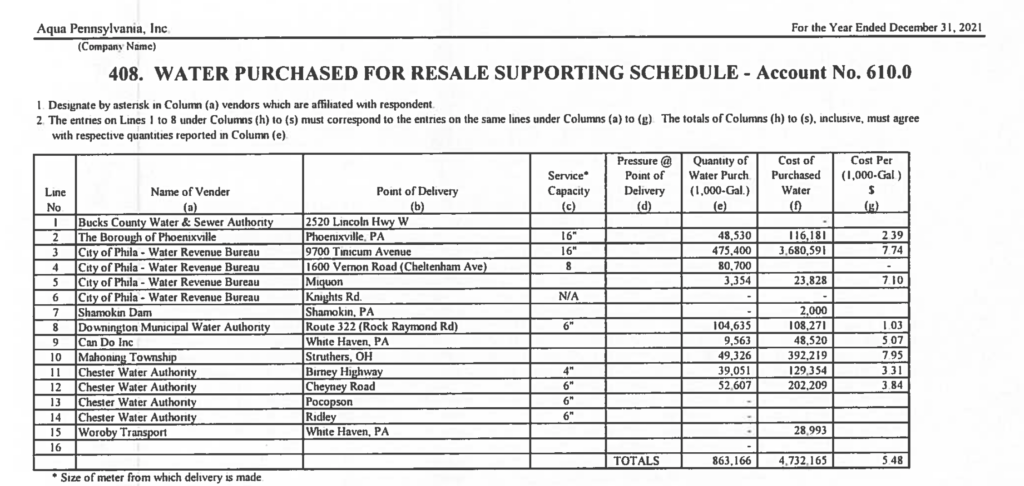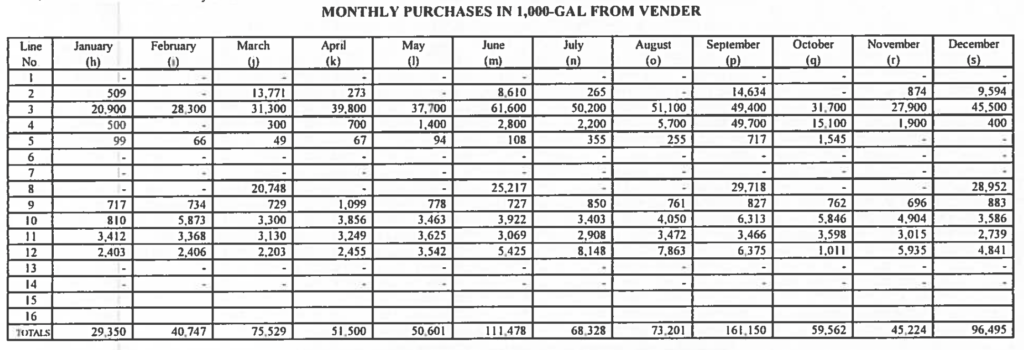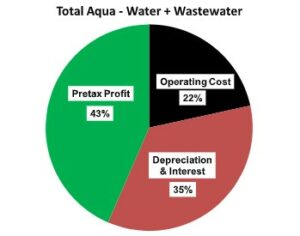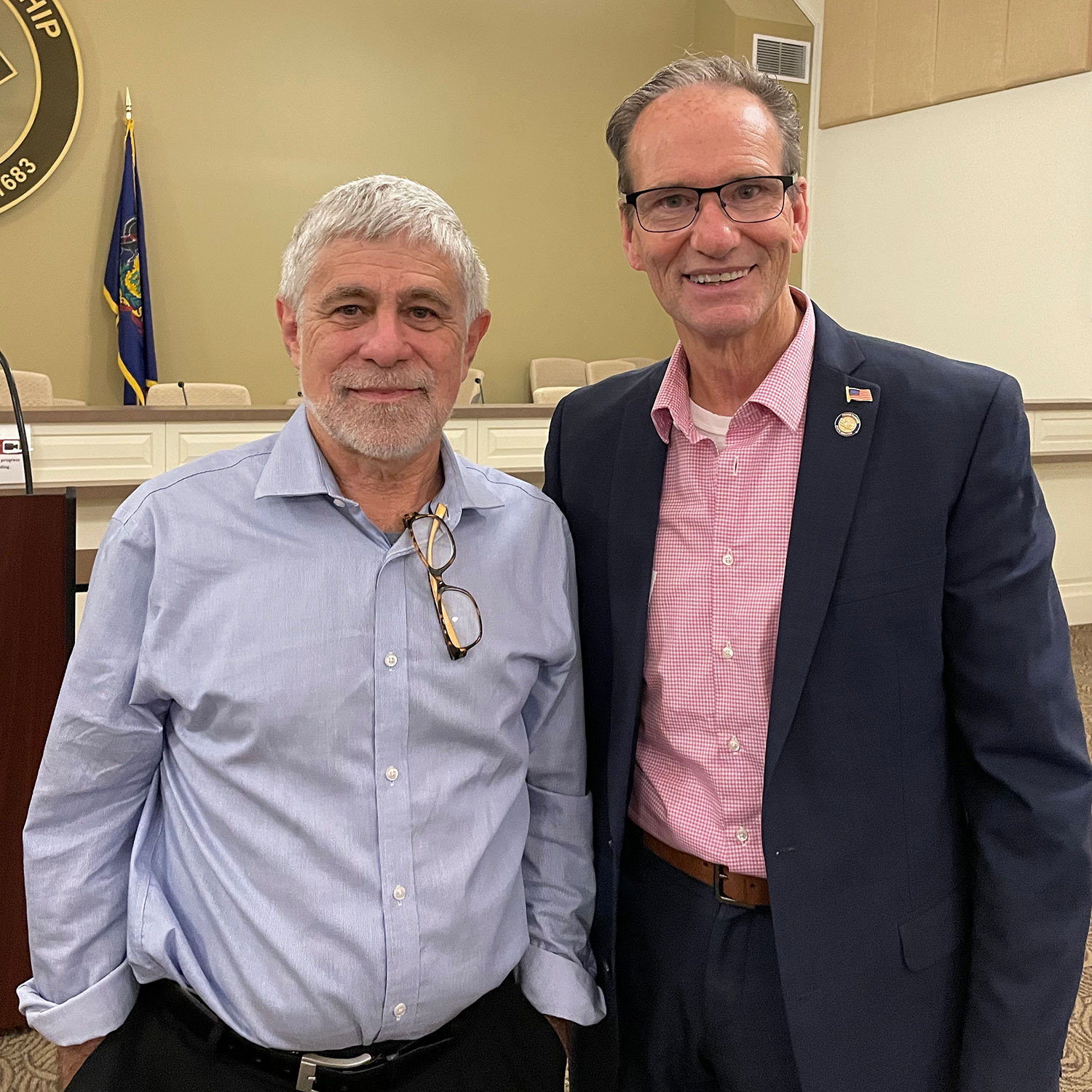Court’s Rejection of PUC-Approved Utility Sale A Warning Shot for Future Aqua Deals

The Commonwealth Court’s surprising rejection of a PUC-approved utility sale could be a sign the surge in sales of public utilities to corporate giant Aqua is coming to an end. The result may be a new model of fair market value (FMV) acquisitions by large corporations in Pennsylvania for city-owned water systems.
On July 31, the court reversed an order by the Pennsylvania Public Utility Commission (PUC) that approved Aqua Pennsylvania Wastewater’s takeover of East Whiteland Township’s wastewater system assets.
“We bear in mind that, on account of the Commission’s expertise in the utility arena, reviewing courts accord considerable deference to the agency concerning the certification process,” the judges wrote, quoting the Pennsylvania Supreme Court’s 2007 Popowsky v. PUC ruling. The PUC overruled an administrative law judge’s rejection of the Aqua-East Whiteland agreement last summer. The Commonwealth Court noted that the PUC typically has discretion in its rulings but with a caveat. “[S]uch discretion is not absolute, and “where the judgment is manifestly unreasonable or where the law is not applied,” that discretion is abused.” [emphasis in original].
Essential Utilities, the parent company of Aqua, is one of the largest publicly traded water, wastewater, and natural gas providers in the U.S., operating in 10 states and with an estimated 5 million customers. Since Pennsylvania passed Act 12, the 2016 law that creates a framework for municipalities looking to sell water systems to utilities, the company has been on a Keystone State buying spree. Aqua is currently locked in litigation over its attempt to purchase both the Chester Water Authority and the DELCORA wastewater system, for example.
According to Ryan Connors, managing director and senior analyst at Northcoast Research, the new ruling could profoundly impact this trend.
“This is highly unusual, and immediate next steps remain unclear,” Ryan Connors wrote in an analysis entitled, “Surprise East Whiteland ruling ups approval risks for Butler, Towamencin.”
Connors added, “Legal sources say an appeal [to] the Pennsylvania Supreme Court is an option, although we believe Essential is unlikely to take that path, as it could lead to Act 12 itself effectively being put on trial and potentially struck down.”
Act 12 requires separate appraisals from valuation experts “for the purpose of establishing…fair market value.” There was concern at the time from Pennsylvania’s then-Action Consumer Advocate that appraisals would be overstated. Supporters claimed those higher value estimates would happen because of certain considerations not allowed in pre-Act 12 appraisals.
Act 12 supporters received a major boost from Moody’s Investors Services, which argued the law allows financially-distressed cities a way out of fiscal problems created by bloated pension balance sheets and other debts. However, another part of Act 12 required utilities to keep rates stable “or phase rates in over a period of time” following a base rate case before the PUC. In the Aqua/EWT agreement, customers would have seen rates rise by 132.92 percent.
“There is something perverse about this whole system because the people that pay for the transaction are not included as a decision-maker in the transaction,” said Francis J. Catania, Chester Water Authority attorney, who wants Act 12 repealed. “Both the buyer and seller have a motivation of getting the highest price…You have a buyer who is motivated to get a higher price because they can recover more in higher rates from future charges to ratepayers.
“And the ratepayers aren’t even asked!” he exclaimed.
Catania quoted the Commonwealth Court case, which ruled the PUC had erred and/or abused its discretion in concluding that Aqua had shown that the public benefit of the proposed sale of the wastewater system outweighed the acknowledged harms of Aqua’s proposed acquisition, a finding that the PUC Administrative Law judge had recommended but which the full Commission rejected. “Every time the PUC administrative law judges recommend not approving a transaction, The full Commission overrules them and approves them.
“Fortunately, this time, the Commonwealth Court got involved because the Consumer Advocate filed an appeal. Hopefully, this court decision will require the commission to look more closely at the permanent economic burden on ratepayers imposed by these transactions, which provide more benefits to utility shareholders than utility ratepayers.”
A bill has been introduced in the legislature repealing Act 12, but Connor doesn’t believe the effort to repeal is a serious one.
“Even some of the supporters of [the Act 12 repeal] seem to see it as largely symbolic and not having the votes to pass in the near term,” Connors said. “That doesn’t mean that three years or five years from now, that might not be different, but I think the votes aren’t necessarily there in the near term.”
Connors isn’t ready to say that future Aqua purchases are in jeopardy or that Aqua changes its strategies on future purchases.
“Essential/Aqua and peers like American Water have made municipal acquisitions a core part of their national strategy,” he told DVJournal. “They are used to fighting for their interests through legal channels (such as on rate cases), and they show no sign of being fazed by the opposition they are experiencing.”
A spokesperson for Aqua said, “We are reviewing the decision, and it would be premature to comment at this time.”
Please follow DVJournal on social media: Twitter@DVJournal or Facebook.com/DelawareValleyJournal

